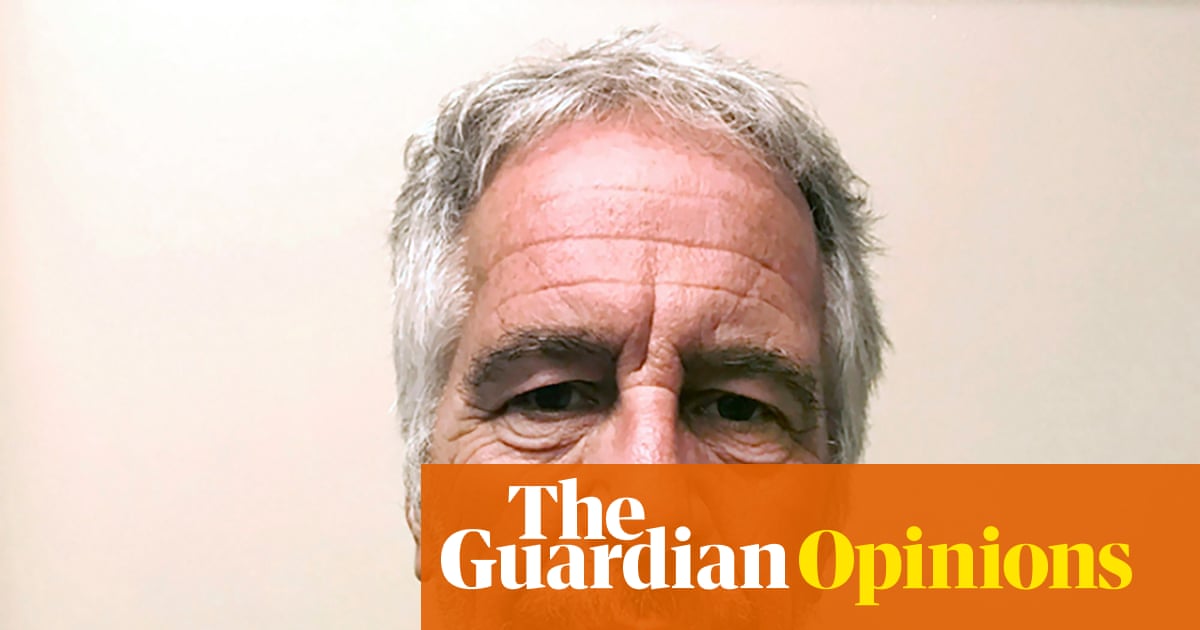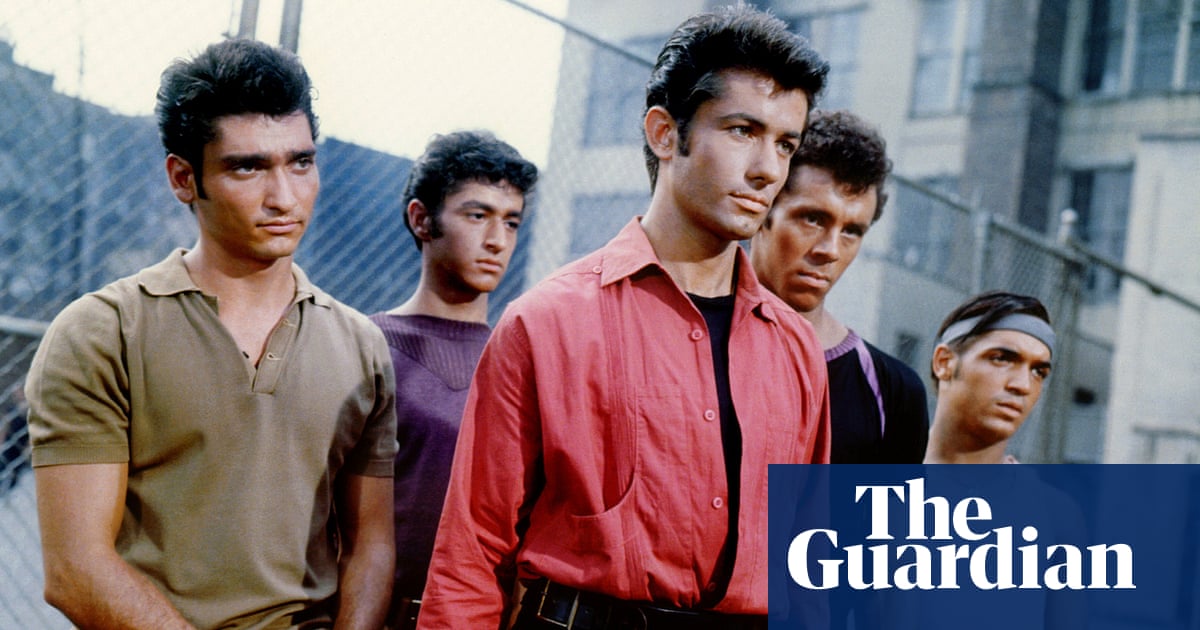The day Ranjit’s daughter was born, he distributed sweets to the entire village – not just because he was thrilled to be a father for the first time, but because he was father to a girl. “God heard my heart and granted my wish,” he says. His devotion to baby Kiran* was immediate and unshakeable. He would rush home from his work in the fields to spend time caring for her.
Millions of fathers around the world will relate to the joy Ranjit felt, but in deeply patriarchal rural India publicly celebrating the arrival of a girl is an unusual, even defiant, act.
Ranjit’s love for and faith in Kiran is captured in the film To Kill A Tiger, which follows the poor rice farmer as he pursues justice for his daughter after she was gang-raped aged 13. Kiran is determined to see her attackers in court and Ranjit is determined to support her.
Quietly but doggedly, he refuses to give up even in the face of threats and ostracism from his community. He credits Kiran and his wife, Jaganti, for giving him the strength to keep going.
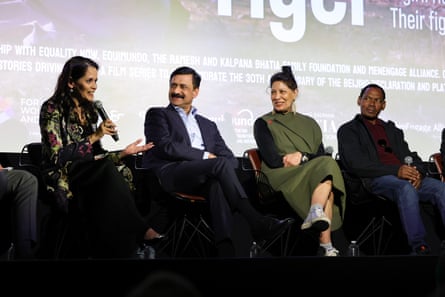
After a screening of the film this year in New York, Ranjit and Kiran were joined by another supporter of an extraordinary daughter: Ziauddin Yousafzai, better known as Malala’s father. The screening was used to launch #StandWithHer, a global gender-justice campaign to support survivors of sexual violence.
At the time, Yousafzai spoke of Ranjit as “a man all men should be proud of – the father all fathers should look up to”.
On Sunday, a short film will be released of the two men in conversation, discussing fatherhood, courage and their commitment to seeing their daughters become independent young women despite the social and political barriers they face.
Nisha Pahuja, To Kill A Tiger’s director and founder of #StandWithHer, says the film marks the start of a wider drive to invite men and boys to discuss the ways patriarchy limits both sexes.
“Power comes at a cost – not just to women and girls, but also, to men and boys,” says Pahuja. “There is of course no denying the obvious, material benefits of this power imbalance or the violence it has permitted, but there’s also no denying the suffering of men and boys.
“It’s so clear today that men and boys are struggling to define themselves. I do feel Zia and Ranjit are powerful, unapologetic role models here.”
Yousafzai describes how Malala was named after a 19th-century Afghan heroine “because there was power in this name”. He says he knew it would suit her. “In my mind, I associated a girl with strength, and I thought if I had a daughter she will be strong; she will have her own voice and she will be known by her name.”
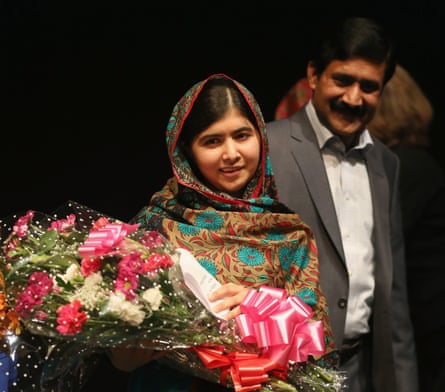
Yousafzai was adamant his daughter would be educated – something his own mother and five sisters had been denied. “Education was the front door and it had to stay open,” he tells Ranjit.
He recalls how he used to invite Malala to join discussions and debates with friends at home because he recognised that she had a great mind and always had something to contribute. Malala, he says, was not just a daughter but a “comrade and a friend”, so when, in 2012, she was shot in the head by the Taliban for standing up for her right to go to school, losing her was unthinkable.
When she survived the attack and became a global advocate for education, Yousafzai campaigned alongside her. They are “one soul in two bodies”, he says. His nickname for her, Jaani, means soulmate.
After Kiran was assaulted, Ranjit was expected to marry her off to one of her attackers – a common response to sexual violence that insists women and girls can only rid themselves of shame by becoming wives. Ranjit and Kiran refused to accept that shame and instead placed it squarely on the perpetrators. “A real, caring father puts his daughter first,” he says.
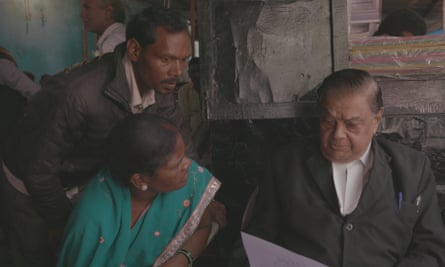
Yousafzai says he sees Malala in Kiran. “It is as if Malala appears in front of me. Her voice will be a step against extremism, a step against violence; it already is.”
The campaign, he adds, will spread the message that men should be allies, using their privilege to challenge long-held beliefs. “Every father, every brother: all men must stand with women.”
Resistance and change start at home, he says. “This institution of the family is an agent of change, an informal one … there’s no force more powerful than the family.”
Ranjit agrees. “We can convince men; it needs to enter their minds. As more and more people come together, I feel it will definitely have an impact on men and boys.”
* Kiran is a pseudonym

 2 months ago
43
2 months ago
43




